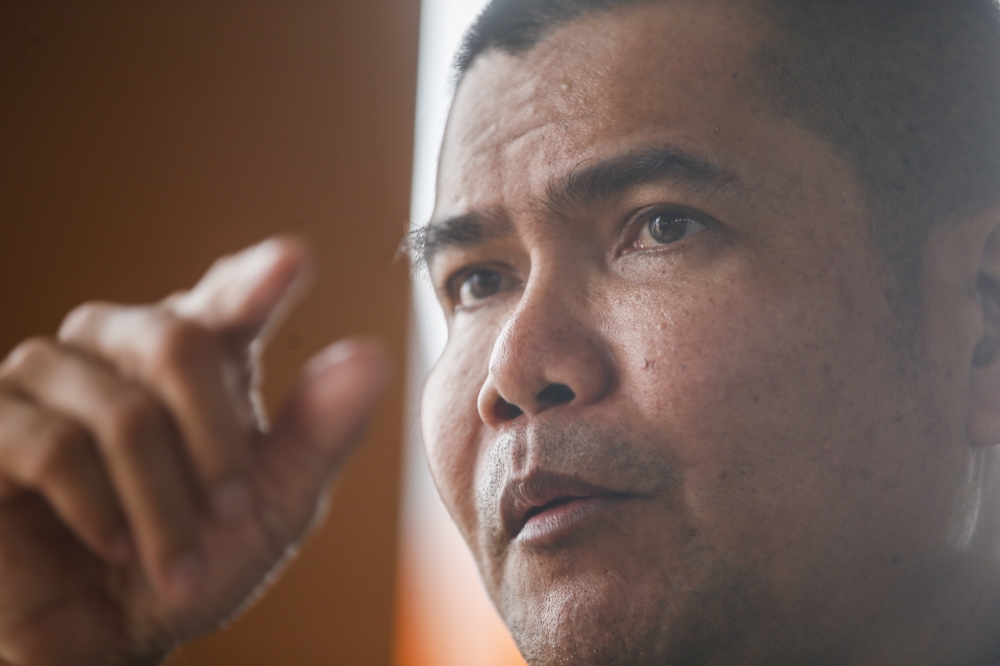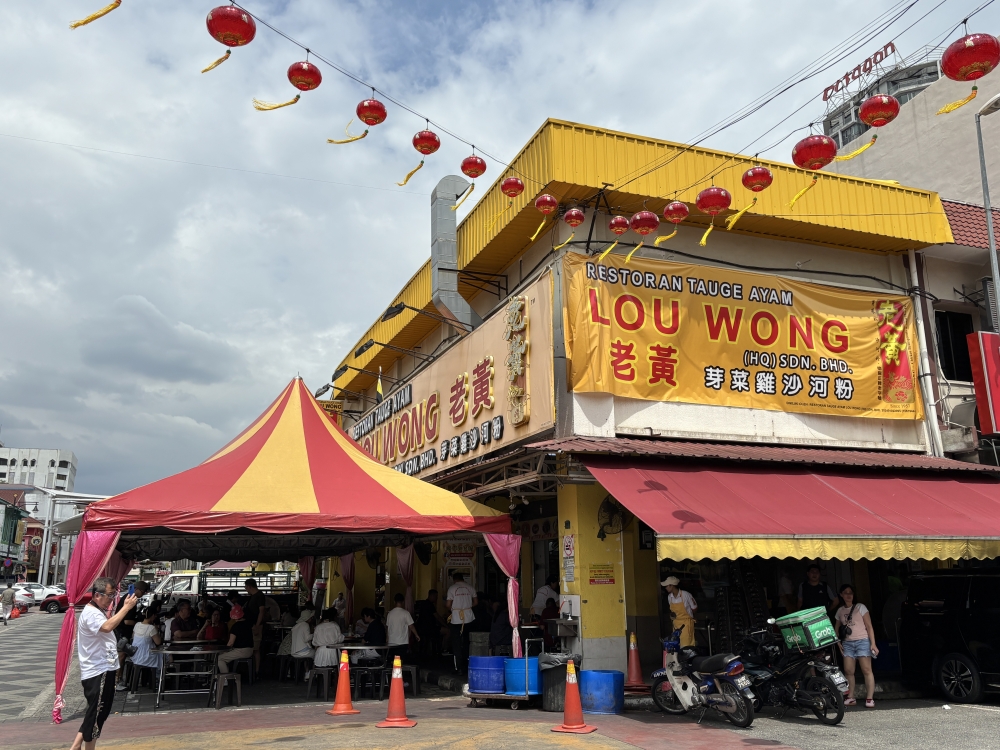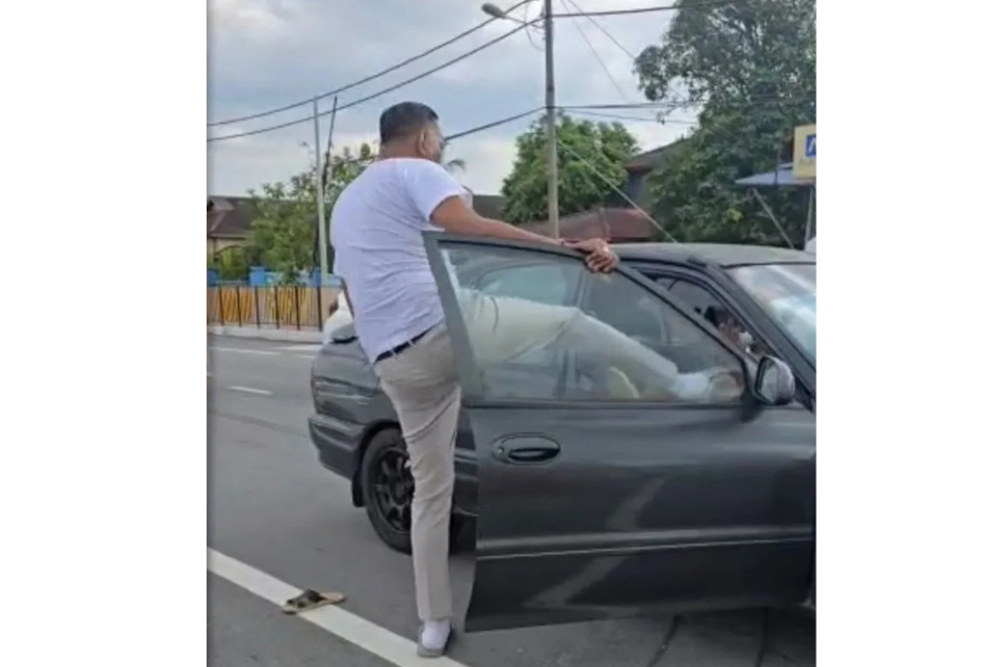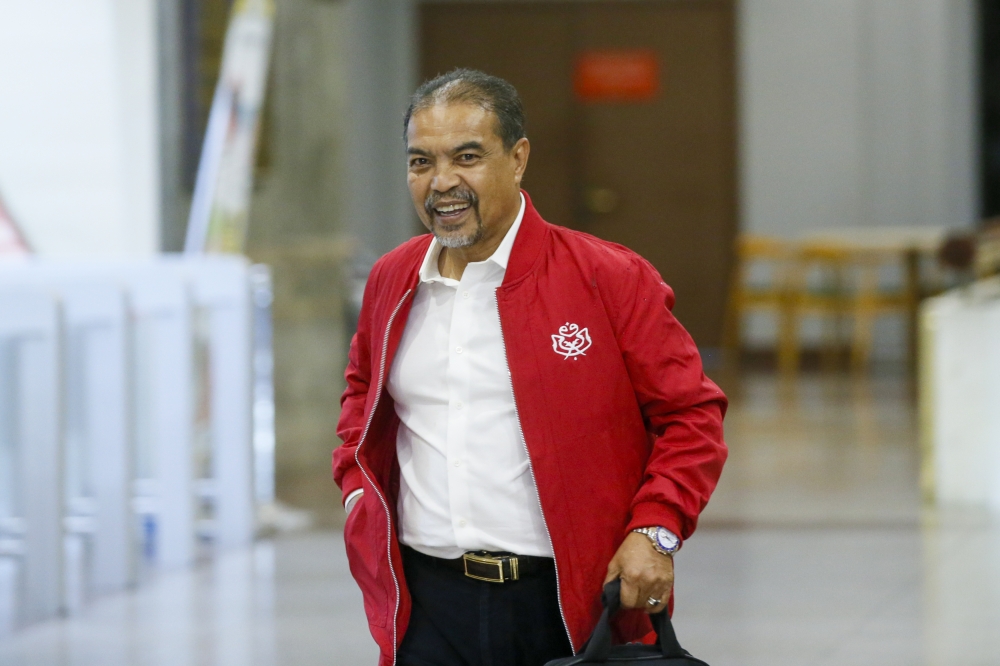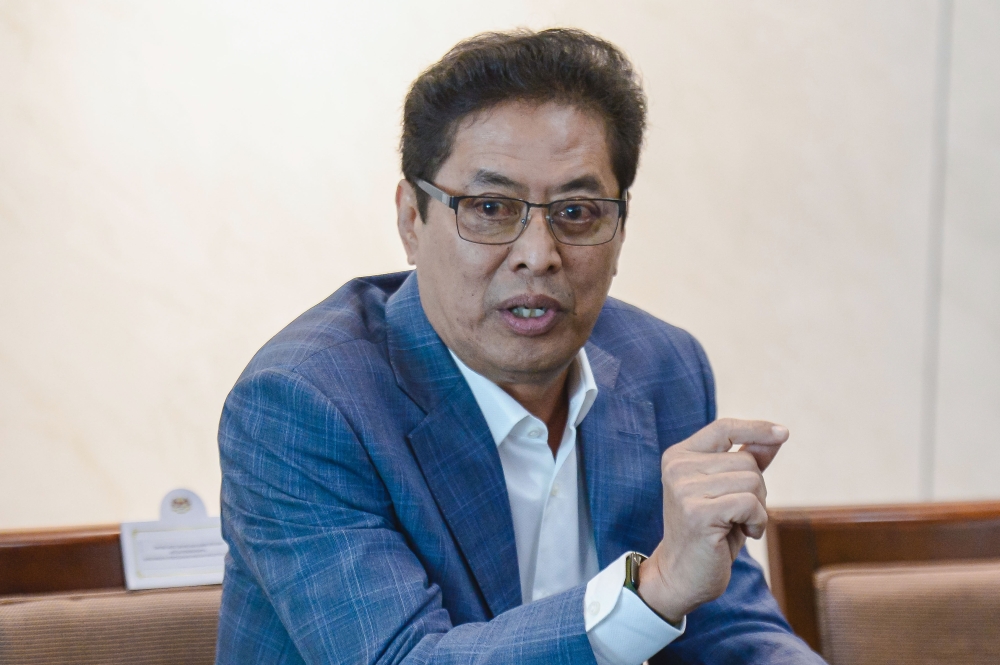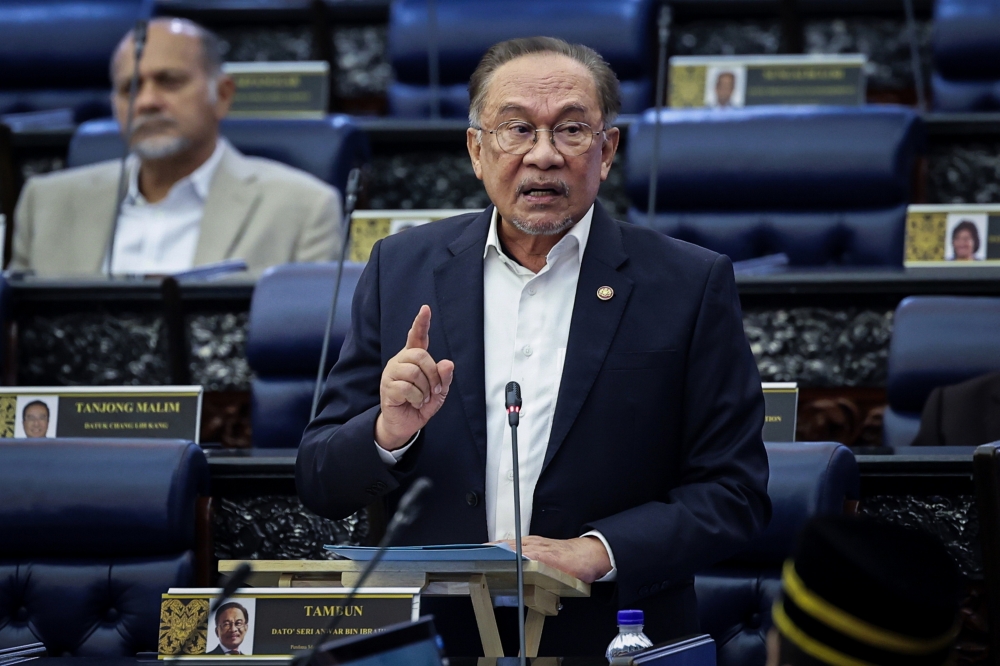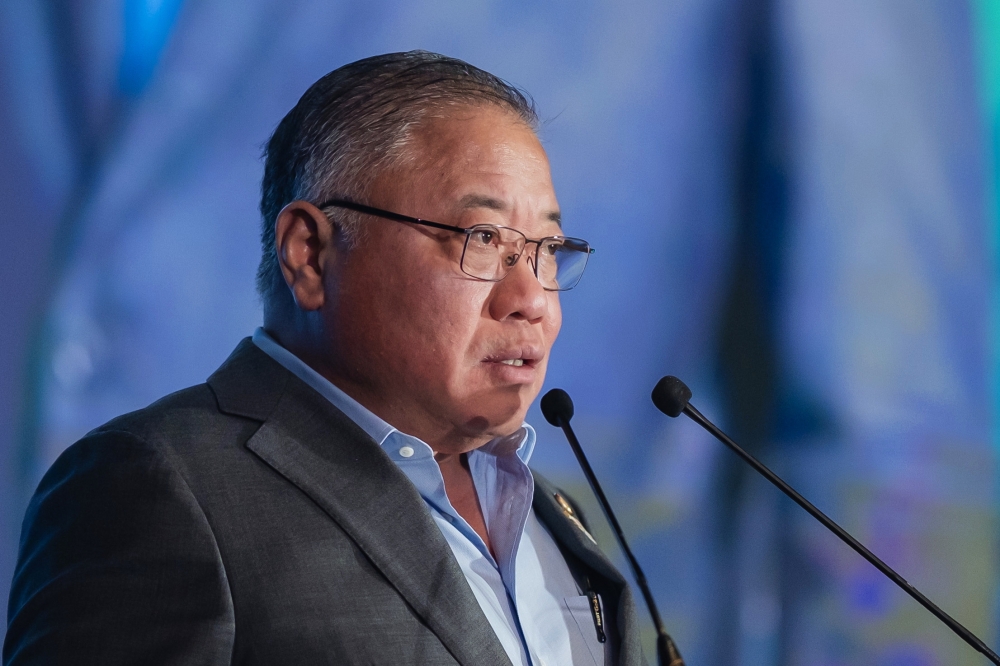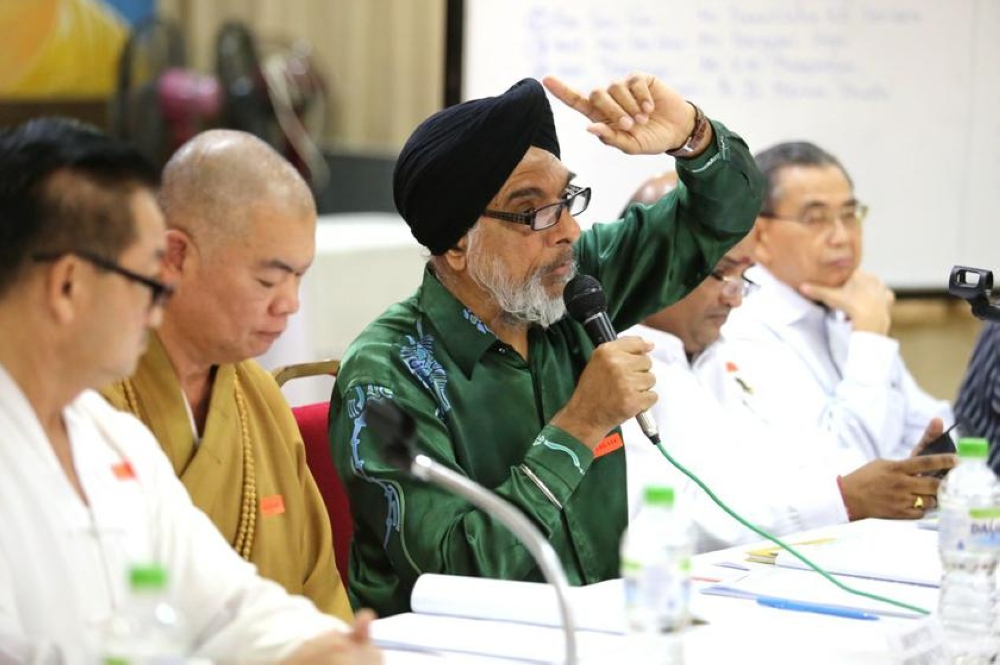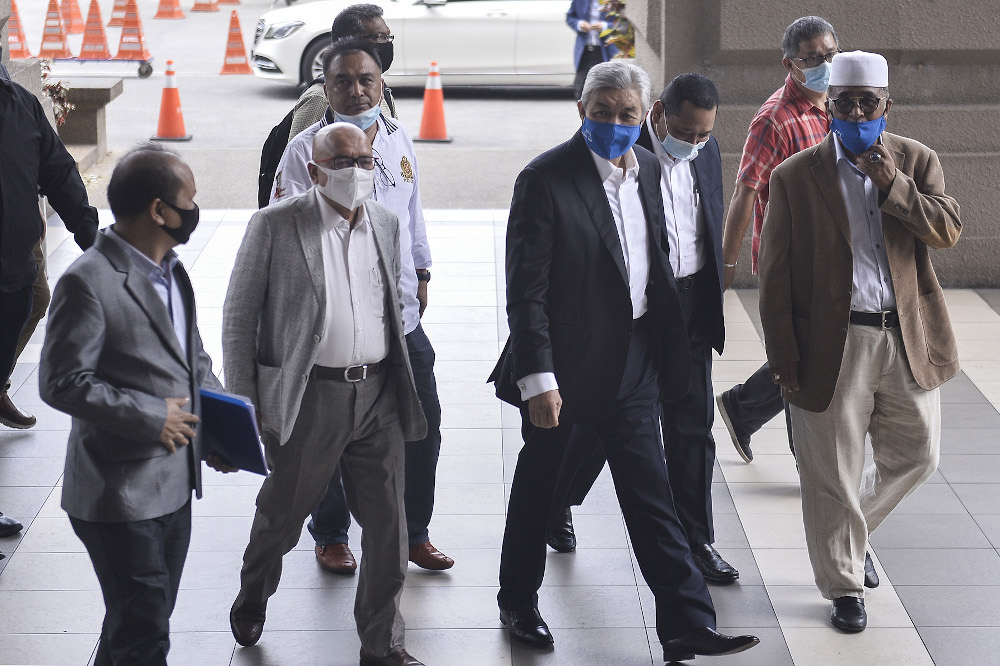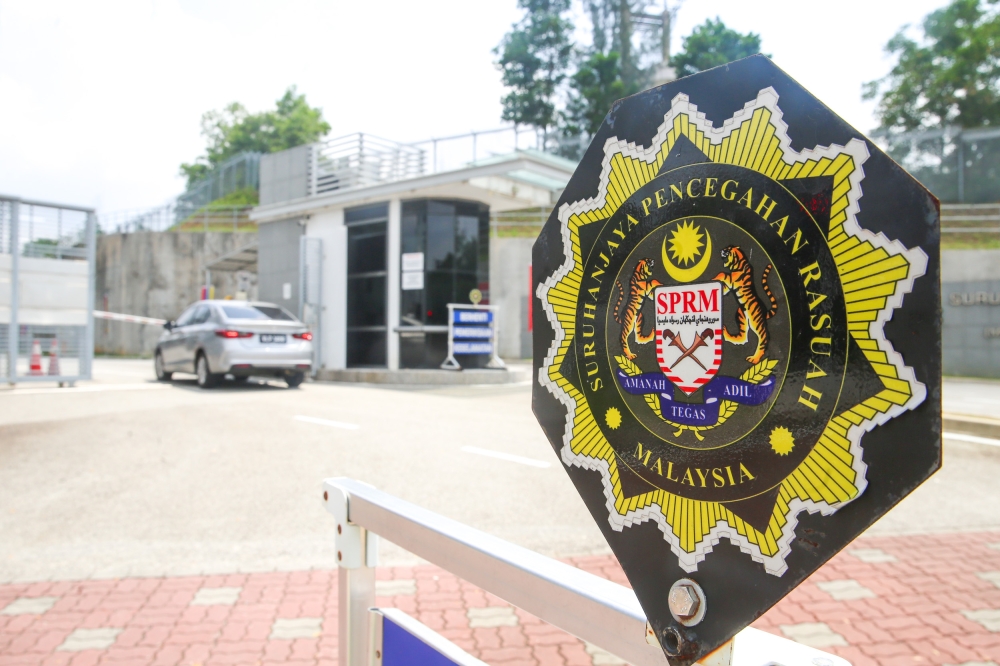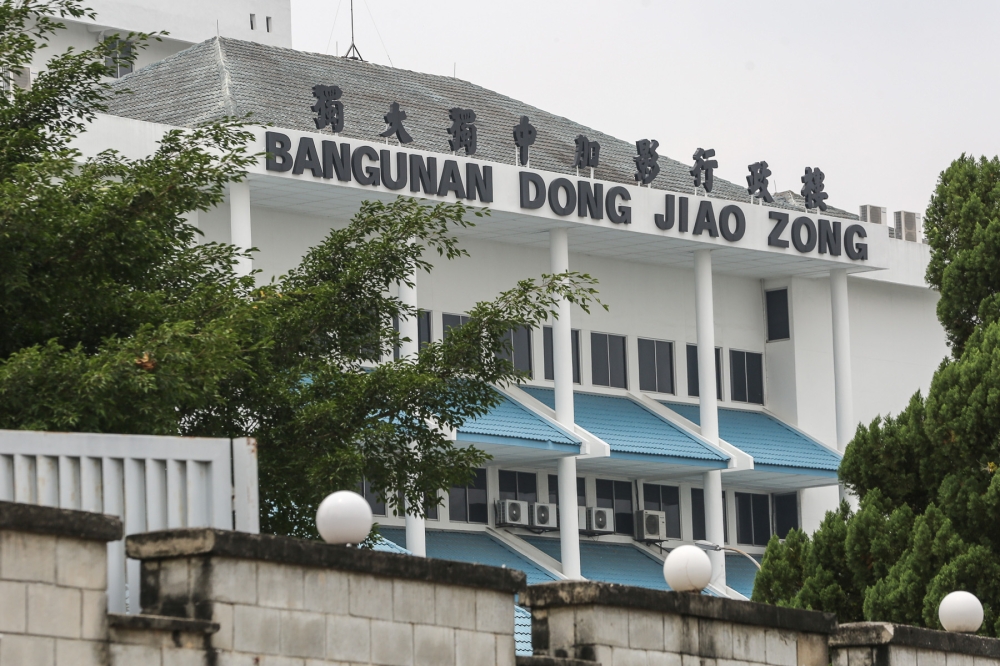KUALA LUMPUR, Aug 26 — After Ministry of Transport’s RM4.48 billion double-tracking deal, the second biggest item in Ministry of Finance’s list of direct negotiations under the Pakatan Harapan (PH) government involved Datasonic Technologies Sdn Bhd (DTSB).
The firm awarded a RM270 million deal on procurement of biodata polycarbonate page, is the supplier of biodata chips used in Malaysian passports implicated in a current corruption trial involving Umno president Datuk Seri Ahmad Zahid Hamidi.
In February, a witness told the High Court that DTSB won a directly negotiated contract from the Home Ministry to supply 12.5 million polycarbonate passport chips for a five-year period worth RM318.75 million in 2014 despite an unsatisfactory track record as the Finance Ministry approved of this.
Former Finance Ministry deputy secretary-general in charge of government procurement Dr Uzailee Abdul Latif said a letter dated May 26, 2014 from DTSB reached then prime minister Datuk Seri Najib Razak’s office to discuss approval for the contract to supply passport chips.
Zahid, who was then in charge of the Home Ministry, is facing 47 charges in court including money-laundering, bribery, and criminal breach of trust.
Tan Sri Muhyiddin Yassin, who is now prime minister, was the home minister under the PH administration.
Zahid was charged with allegedly receiving from Datasonic Group Bhd’s director Chew Ben Ben a total of RM6 million in bribes through two cheques on April 26, 2017, which allegedly resulted in the group’s unit DTSB being appointed via purported “direct negotiation” with the Home Ministry to implement the supply of 12.5 million chips in Malaysia’s polycarbonate passports’ biodata page over the course of five years.
In an announcement to Bursa Malaysia yesterday, Datasonic Group asserted that neither the company nor any of its directors had issued the payment in relation to the 12.5 million passport chips supply as reported.
It said instead that DTSB had in April 2012 won through “open tender” a five-year contract to supply passport polycarbonate datapages and printing system, adding that DTSB was subsequently awarded on December 15, 2015 the project to supply the 12.5 million chips.
Datasonic Group said it was awarded the 2015 contract based on value proposition of enhanced chips security (with chips bonded into the polycarbonate datapage instead of the passport cover’s back), as well as its pricing that was lower than the previous vendor which, it said, resulted in the Malaysian government saving RM56.25 million over a five-year period.
In total, the Home Ministry awarded RM517.68 million worth of projects through the process, involving eight deals, making it the third largest awarder after the Ministry of Transport and Ministry of Defence.
This also included RM150.8 million deal for the 1PDRM Net network for the police force to Telekom Malaysia Bhd.
Other deals included “halal” food catering and security for enforcement officers during the Seafield’s Sri Maha Mariamman Temple riots, and rallies held to protest the death of fireman Muhammad Adib Mohd Kassim during that riots and against the ratification of International Convention on the Elimination of All Forms of Racial Discrimination (ICERD).
Earlier today, the Ministry of Finance released the full list of 101 projects that were awarded through direct negotiations under the Pakatan Harapan (PH) administration, following calls to do so by the latter.
The Ministry of Transport led with RM4.48 billion worth of deals, the bulk of which was the RM4.47 billion Klang Valley double-tracking project that was revived from Barisan Nasional administration, with significant savings.
This was followed by the Ministry of Defence, all of the RM900.86 million for aircraft maintenance contracts, and the Ministry of Home Affairs.
The Malaysian Anti-Corruption Commission confirmed earlier this week that it will be looking into the direct negotiation contracts for possible corruption, embezzlement or abuse of power after several NGOs had filed complaints with it.
Uproar over the direct negotiations contracts began in the Dewan Rakyat when Finance Minister Tengku Datuk Seri Zafrul Abdul Aziz affirmed during his wind-up of the Temporary Measures for Government Financing (Covid-19) 2020 that the PH administration had approved a certain number of government projects despite pushing for open tender contracts during its short-lived rule.
However, Tengku Zafrul also explained in Parliament that the approved projects had followed regulations that allowed for exemptions.
This caused PH MPs to demand Tengku Zafrul to release his list of the 101 projects to back his claim.

